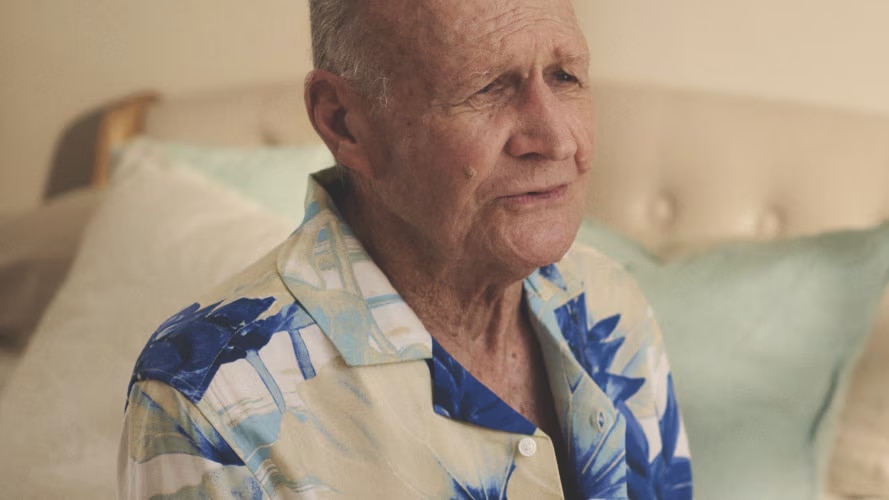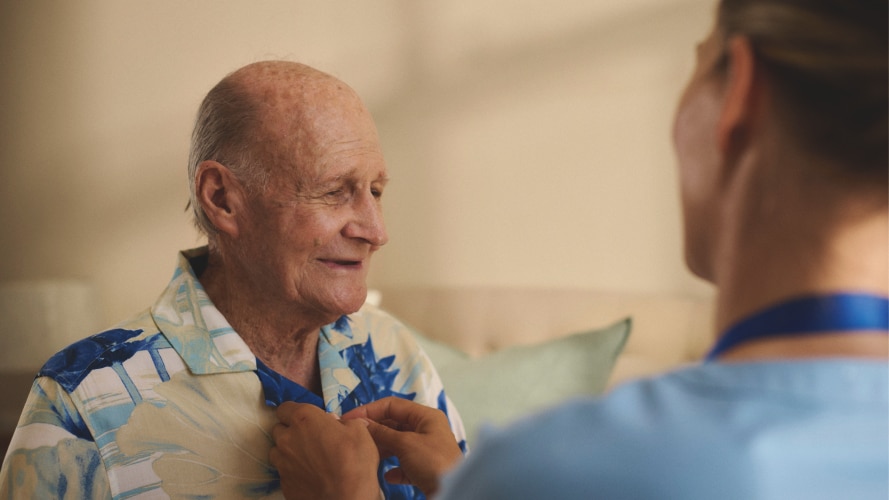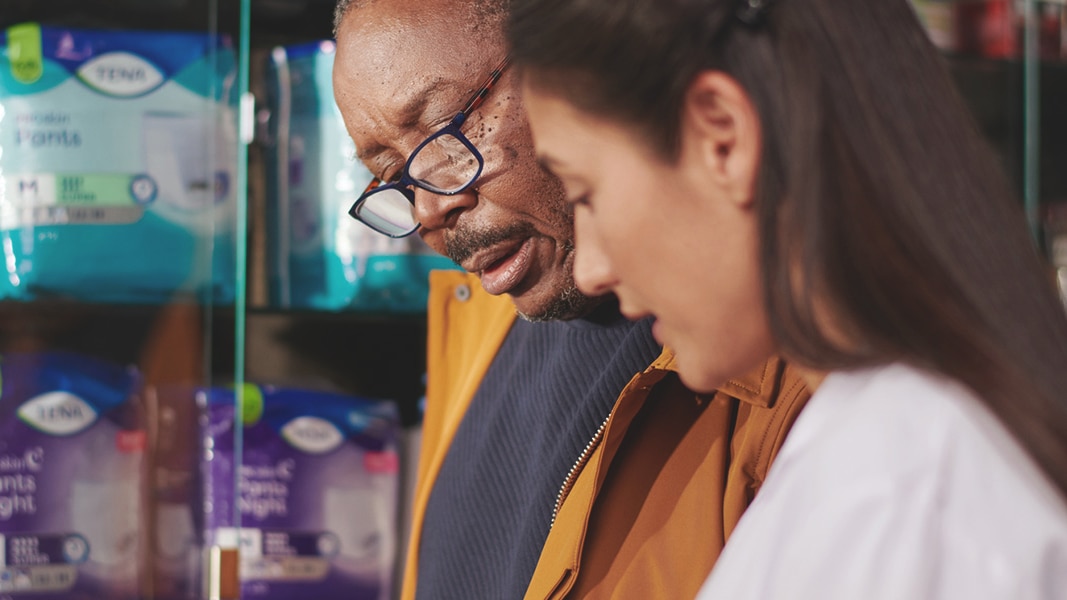Essity’s iQ Solutions department is tasked with innovating digital solutions for incontinence. Heading that department is Axel Nordberg – an engineer with a doctorate in medical materials from KTH and a background as a management consultant and entrepreneur within healthcare. We caught up with Axel in Stockholm, where he lives with his wife and three children, to find out what the future holds for elderly care and how TENA is preparing to meet the challenges of societal ageing.
Q: What are your predictions for how the care sector will change in response to the rapidly expanding elderly population?
We know that by 2050 there will be nearly a billion more people over 65 years old than there are today! Already today we have over 400 million incontinent people in the world, and we know that the prevalence of incontinence increases with age. So this really puts pressure on the system.
What we see will happen with these trends is a shift to home care. And that means a shift to untrained caregivers – basically the caregiving relatives. They need support. And when we ask them, that’s what they tell us.
The other thing happening is, if we have a shift to home care, we also have more resource-intensive cases in institutions. Because there you have trained caregivers, but they will have a different type of workload.
Q: How has COVID-19 affected this picture?
If we look at how the pandemic has impacted the trends, we don’t really see any new trends coming up. What we see is the ongoing trends often vastly accelerated by COVID-19.
Take the caregiving relative example. You’re supposed to take care of a loved one. That’s tough, to begin with. Then, on top of it, you’re not supposed to physically meet that person, or keep social distance. So the requirements have increased, and the trends have been accelerated. How do you preserve the dignity, and how do you preserve that human touch of care when this is happening? So here at TENA we‘ve re-thought and re-imagined our way of delivering our services.















